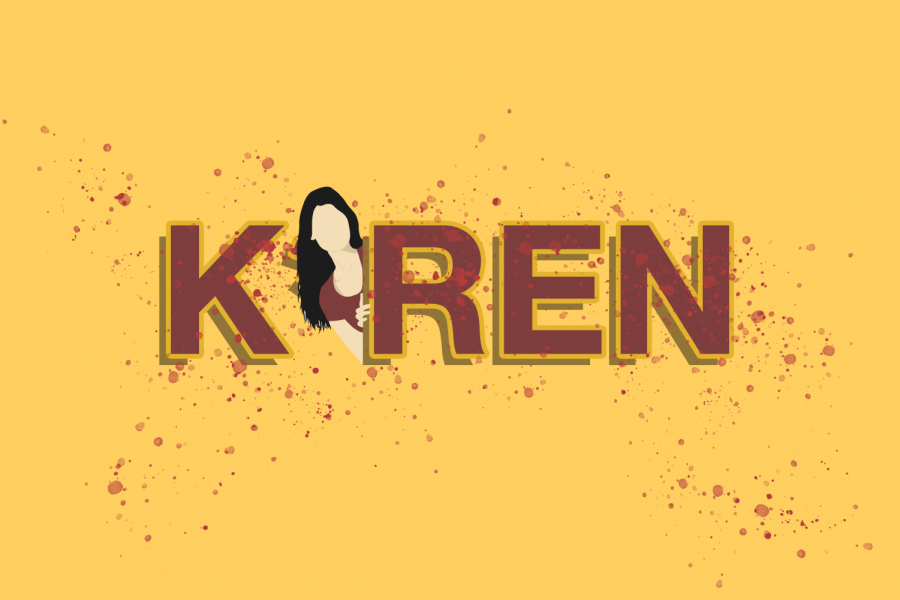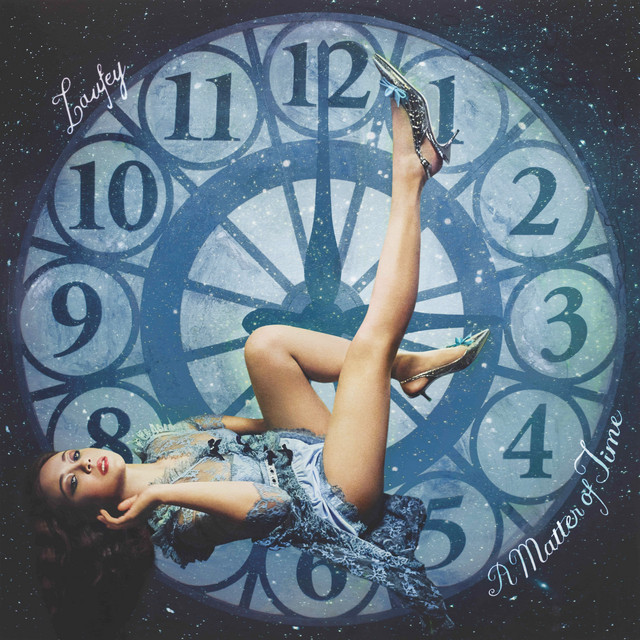The “K” Word: Are white women experiencing racism?
Twitter’s recently coined term “Karen” leaves white women claiming they are victims of oppression.
May 8, 2020
A White woman who called the police on a Black family’s barbecue party.
A White woman who called the police on an 8-year old for selling bottled water.
Twitter coined the term “Karen” to describe this particular woman. The term represents an unpleasant and racist White woman. It began with harmless memes but those finding offense have gone as far as comparing it to the N-word and other slurs.
The difference between being called a racial slur and being called “Karen” is far too large to even be compared.
The N-word is a historically loaded word originally coined to dehumanize African Americans and although some have changed its usage as a form of reclaiming the word, the origins can never be changed. History cannot be rewritten and the use of the N-word will always have a connection to the years of prejudice and oppression.
The word “Karen” is used to describe an entitled White woman that exudes the “May I speak to your manager?” energy. A woman who sneers at workers speaking in foreign languages or who tells people to speak English because this is America.
One term is a slur that can get someone killed if identified with and the other is a name. See the difference?
Furthermore “Karen” is used to label a certain type of behavior. You wouldn’t call just anyone a Karen unless they presented entitled and racist behavior. But actual slurs can be used without reason. Whether in a verbal altercation or in the heat-of-the moment situation, people of color are called racial slurs. They don’t need to act a certain way or say certain things, the linkage between that individual and the racial slur is proved by their skin color.
Julie Bindel, UK journalist and author, took to Twitter to input her opinion about how she believes “Karen” is racist towards White women while being classist and sexist towards working White women.
“When I was in my 20s, the slur against younger working-class women was “Sharon and Tracy” I honestly cannot think of any equivalent for men. But I am so sick of women, including those of us that have devoted our lives to women’s liberation, being spoken about so disrespectfully,” she rants in one tweet.
Author Hadley Freeman replied to Bindel in agreement tweeting, “Yes – it’s sexist, classist and ageist, in that order.”
Fortunately not everyone on the internet has lost their mind. Some believed that the joke wasn’t being taken light-heartedly as intended and even broke down the purpose behind the joke.
“Karen is not about class. It is about white women wielding racial power to assert dominance. Making it about class removes the multiple ways white women of all classes perform this behavior,” one user tweeted to Bindel.
Women like Freeman and Bindel did exactly what the average Karen would do, present their full-fledged sense of entitlement by trying to change the narrative of an internet meme into a threat against themselves.
Censorship clearly tells us which term is worse. The sole fact that we can say Karen freely but can’t say the N-word with the same freedom proves that we know which word to be careful with.
Calling someone Karen doesn’t equate being racist or oppressive, it’s describing their character. If you’re called out for being a Karen you’re simply rude or entitled and if you dislike being referred to as a Karen, change your behavior.








